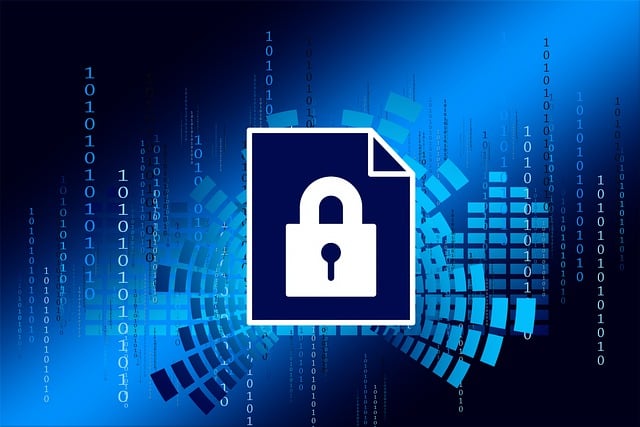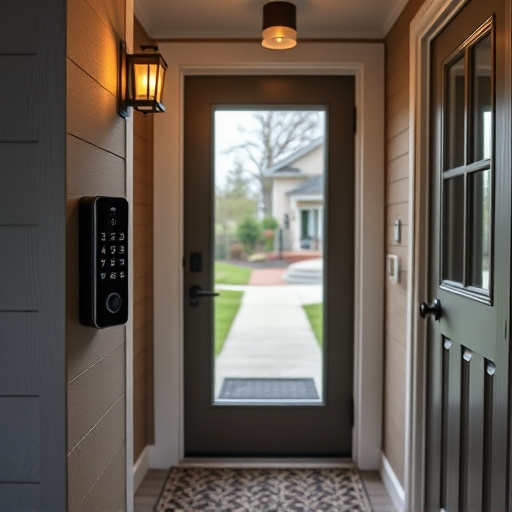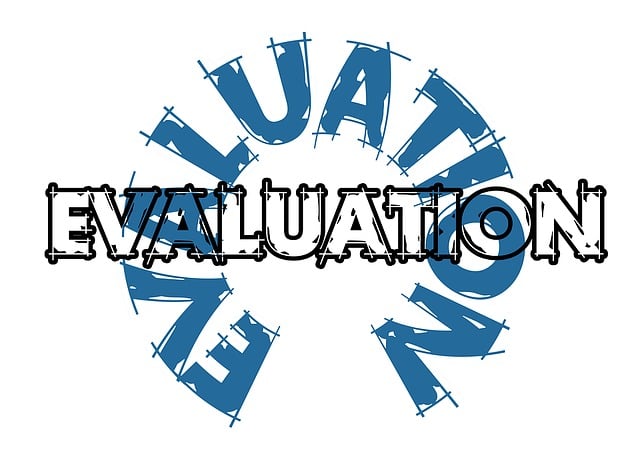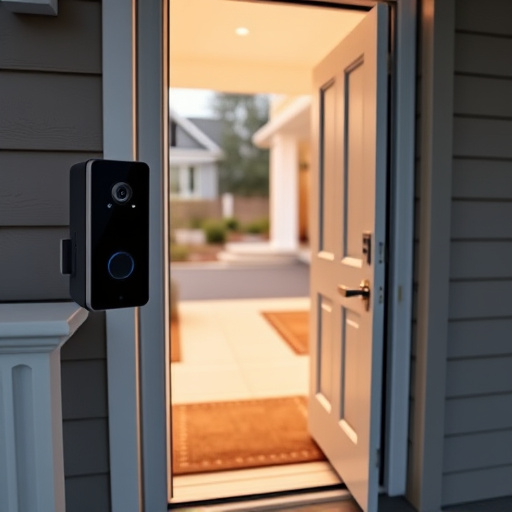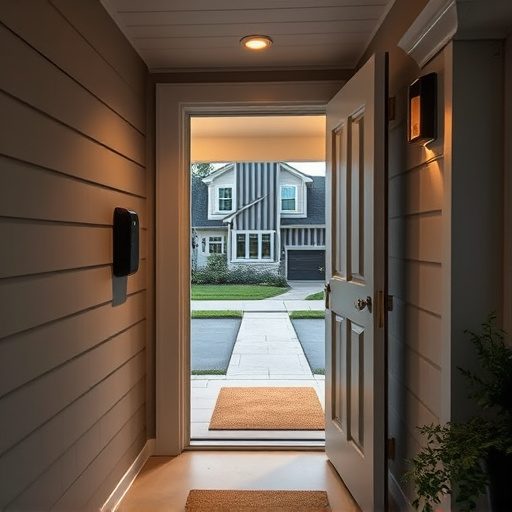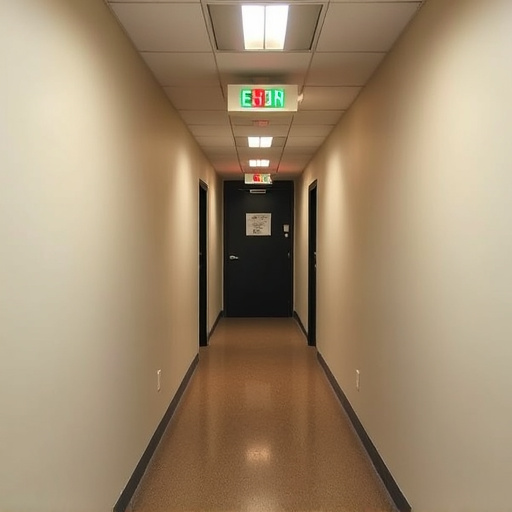Professional security monitoring provides 24/7 protection, swift incident response, and crime deterrence, but it's crucial to weigh the benefits against potential drawbacks like high costs, privacy concerns, and false alarms during evaluation. Conducting a thorough assessment that considers system reliability, customer support, contract terms, and individual security needs is essential for making an informed decision that balances the advantages of home monitoring with its risks.
In today’s interconnected world, understanding the nuances of security monitoring is paramount. This comprehensive guide explores the multifaceted landscape of security surveillance, delving into three key areas: Professional Security Monitoring, Home Monitoring Pros and Cons, and Security Service Evaluation. By examining the benefits like enhanced safety and early detection, as well as risks such as cost implications and privacy concerns, readers gain valuable insights for making informed decisions in securing their peace of mind.
- Professional Security Monitoring: Unlocking Peace of Mind
- – Exploring the role and importance in today's world
- – How it works and common methods employed
Professional Security Monitoring: Unlocking Peace of Mind

Professional Security Monitoring offers a robust solution for individuals seeking enhanced safety and peace of mind. By leveraging advanced technology, security professionals can provide 24/7 vigilance over properties, detecting potential threats and responding swiftly to alerts. This service is particularly beneficial for homeowners away from home for extended periods or those with specific security concerns. The benefits are multifaceted; it provides rapid incident response, deterrence against criminal activity, and immediate notification of unauthorized access attempts.
However, the evaluation of any monitoring service should consider both its advantages and drawbacks. While professional security monitoring ensures a consistent level of protection, it may come at a significant cost, which could be prohibitive for some. Additionally, false alarms or response delays due to human error or communication issues are potential drawbacks. A comprehensive assessment involves weighing these factors against the assurance of safety and convenience that professional services offer.
– Exploring the role and importance in today's world
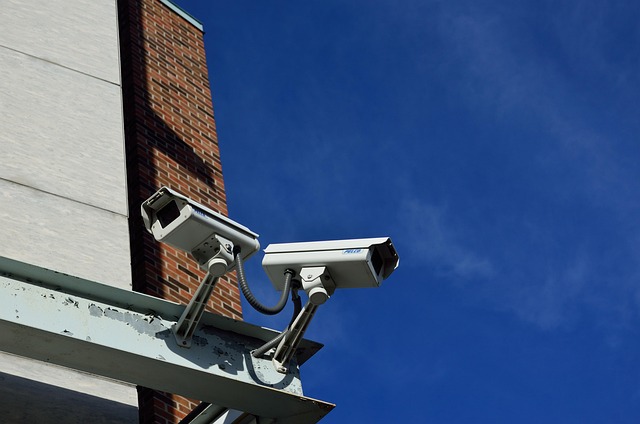
In today’s digital era, professional security monitoring plays a pivotal role in safeguarding individuals, families, and businesses from potential threats. The benefits of home monitoring are multifaceted, offering peace of mind, 24/7 protection, and early detection capabilities that can deter crime and ensure swift response to emergencies. By leveraging advanced technology such as cameras, motion sensors, and smart alarms, security services provide a comprehensive assessment of risks, enabling proactive measures to enhance safety.
However, evaluating monitoring services isn’t without its considerations. The drawbacks of these services can include privacy concerns related to data collection and storage, potential technical glitches leading to false alarms, and substantial costs that may not be feasible for everyone. A thorough security service evaluation is crucial to strike a balance between enjoying the benefits of home monitoring and mitigating the associated risks, ensuring an optimal level of protection tailored to individual needs.
– How it works and common methods employed

Professional security monitoring involves a range of methods to ensure your property and loved ones are safe. Common techniques include video surveillance with HD cameras placed strategically around your home or business, motion sensors that trigger alerts when unusual activity is detected, and advanced smart locks that offer real-time updates on access points. These systems often integrate with centralized command centers where trained professionals monitor 24/7, responding promptly to any potential threats.
When evaluating a security service, consider both the benefits of home monitoring—increased safety, peace of mind, and rapid response times—and the drawbacks, such as cost implications, privacy concerns, and false alarm potential. A thorough assessment should look into factors like system reliability, customer support, contract terms, and how well the service aligns with your specific security needs. This balanced approach ensures you make an informed decision that maximizes the benefits of professional security monitoring while mitigating associated risks.
